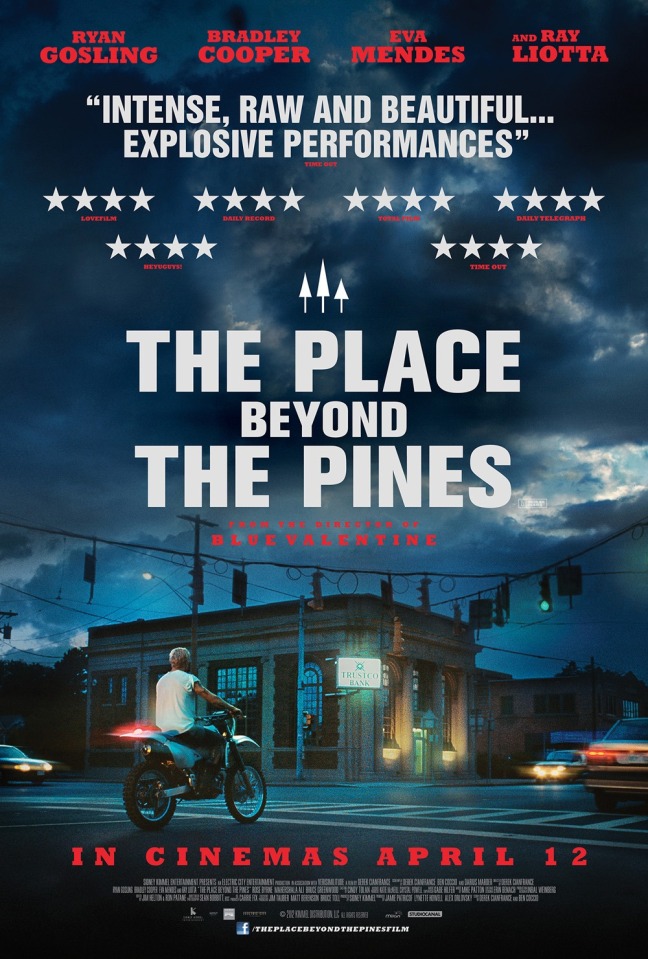
Two years ago, Nicolas Winding Refn’s neo-noir film “Drive” roared onto the scene with as much ferocity as a cinematic grenade. The director was known for abrupt and stylized violence in all his films, and “Drive” blew away audiences with its elegant fusion of arthouse and action. So when Refn announced that he would again work with Ryan Gosling on his next film, “Only God Forgives,” critics and fans alike rejoiced.
The premise seems to lend itself well to Refn’s fondness for striking imagery: Julian (Gosling, Drive, The Place Beyond the Pines) runs a boxing club in Bangkok with his brother Billy (Tom Burke), which actually is a front for their ruthless mother’s (Kristin Scott Thomas) drug-smuggling operation. After Billy is killed, Julian is implored by his aggrieved mother to go after Chang (Vithaya Pansringarm), the deadly police officer responsible for Billy’s death.
But the plot is never so clearly presented on film. It’s the sort of movie that doesn’t attach itself to a strong plot structure, instead relying heavily on silent conversations communicated by a character’s eyes across striking shots of Thailand. It’s a dynamic that David Lynch would be fond of: silent but deadly arthouse violence, with heavy implications on uncomfortable, incestuous family relations.
Despite the beauty of every scene, each of which was clearly thought out in a very specific way, there’s just not enough structure to justify anything that happens in the movie. Refn fails to give context to actions or violence, and the 90 minute run-time passes far slower than it should. The elements of success are all there, but something about “Only God Forgives” prevents them from coming together.
Refn does capture the grime and vibrant Bangkok cityscape with his usual finesse; every frame is meticulously and aesthetically ravishing to watch. Similarly, Refn’s choice of electronic ambiance for the score (from Cliff Martinez, another “Drive” alumnus) accompanies and enhances the sense of dread and foreboding that underlies the underworld in “Only God Forgives.”
Martinez’s reserved, withdrawn score is a perfect complement to the performances of “Only God Forgives.” As a typical Refn protagonist, stoically floating through a dreamy unreality, Gosling’s Julian is in his element, even if that element is stylized to the point of absurdity.
He’s the perfect paltry and pitiful son in the eyes of his domineering and disparaging mother. Scott Thomas is alarmingly adept in the role, landing every verbal blow and choice word. Her abusive blather is the flipside of characters like Julian and Chang, whose power lies in their minimized dialogue.
But the actors’ skill can’t make up for the lacking (or lack of) dialogue. What’s left is an attempt at a stylish arthouse film but ends up as more of a clunky logjam of violence and silence.
The Verdict: Refn has more than proved he has the makings of a great movie, but “Only God Forgives” feels like a splattered mix of blood and neon.
